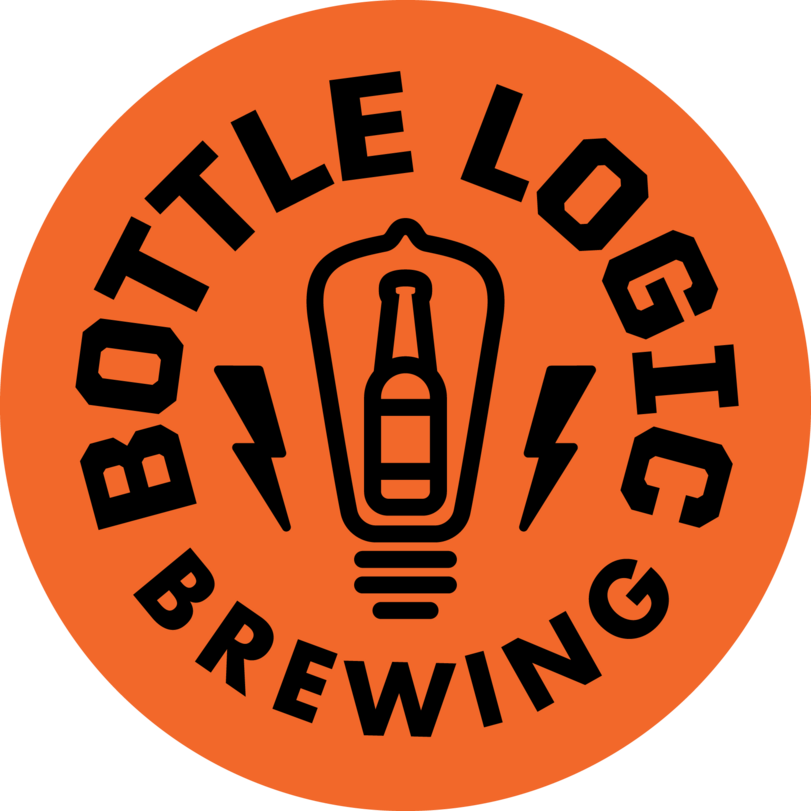At the Epicenter of An Epidemic: Did Boar’s Head Ignore Red Flags?

The number of serious illnesses caused by a Listeria outbreak linked to contaminated deli meat continues to climb, according to the Centers for Disease Control and Prevention, which last week reported a total of 59 hospitalizations and 10 deaths across 19 states since its investigation began in July.
The infections are connected to a Boar’s Head Provisions Company facility in Jarratt, Va., which produced ready-to-eat liverwurst products contaminated with the pathogen. The company has since recalled all ready-to-eat meat products processed at the plant, including millions of pounds of ham, bacon, salami and bologna that were distributed to retail deli locations nationwide.
Within days of discovering the presence of the bacteria, the U.S. Department of Agriculture suspended operations at the plant on July 29. On Sept. 13, the company announced the plant would close, affecting more than 500 jobs.
Government inspection reports reviewed by The Washington Post and dating back months detailed such noncompliances as filthy work areas, old equipment and poor cleaning at the plant, as well as mold, bugs, a “rancid smell in the cooler” and “heavy meat buildup” on walls.
A food safety audit two years ago pointed to “major deficiencies” at the plant that could pose an “imminent threat.” A Boar’s Head spokesperson previously told The Post the plant team “immediately remediated” the citations; however, former employees interviewed by the newspaper said they were aware of potential issues.
Experts say the ignored warnings at the Boar’s Head plant expose flaws in the country’s food safety system. This Listeria outbreak is the largest since 2011, when tainted cantaloupes sickened 147 and killed 33.
In the wake of the outbreak, Boar’s Head said it would immediately implement “enhanced food safety and quality measures” including appointing a new Chief Food Safety and Quality Assurance Officer and establishing a food safety council comprising independent food safety experts. The company said it began conducting an exhaustive review in late July of all its processes and procedures at all of its meat production facilities.

















